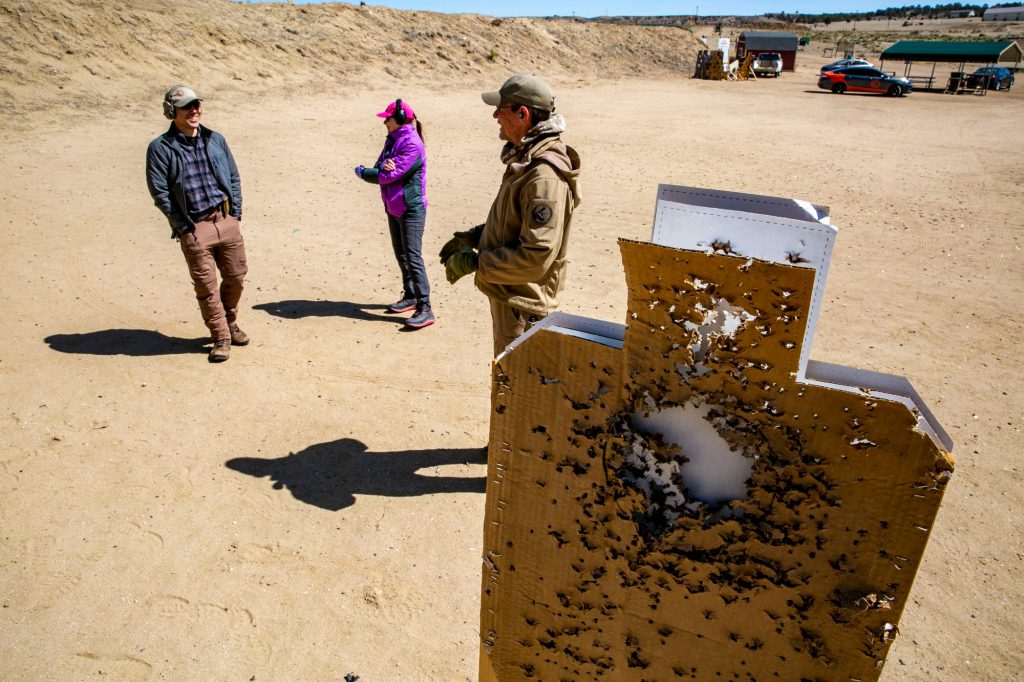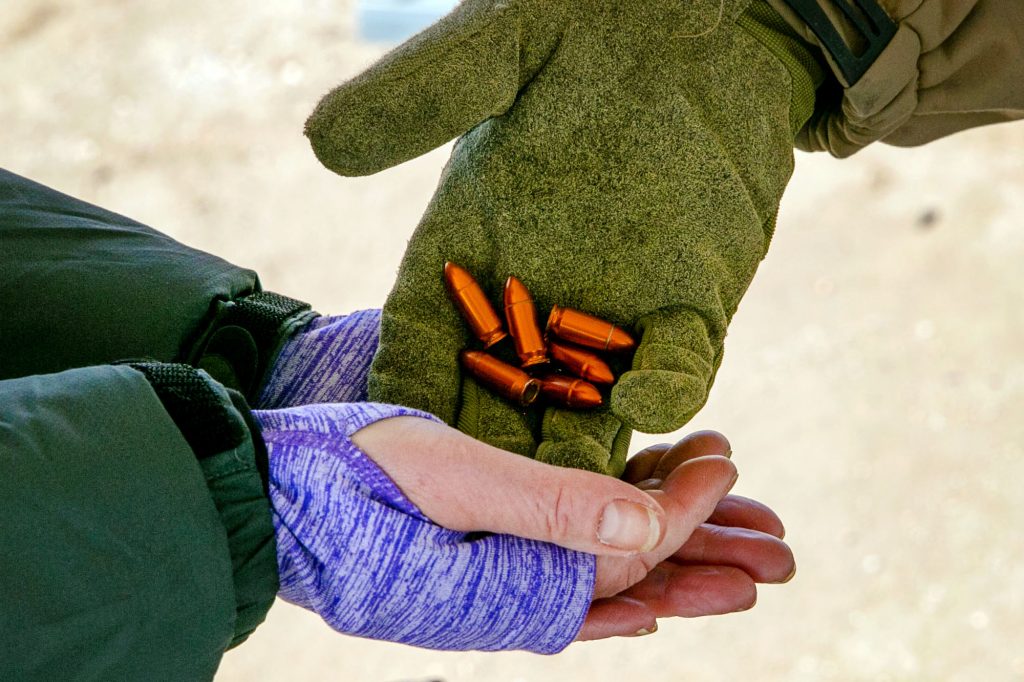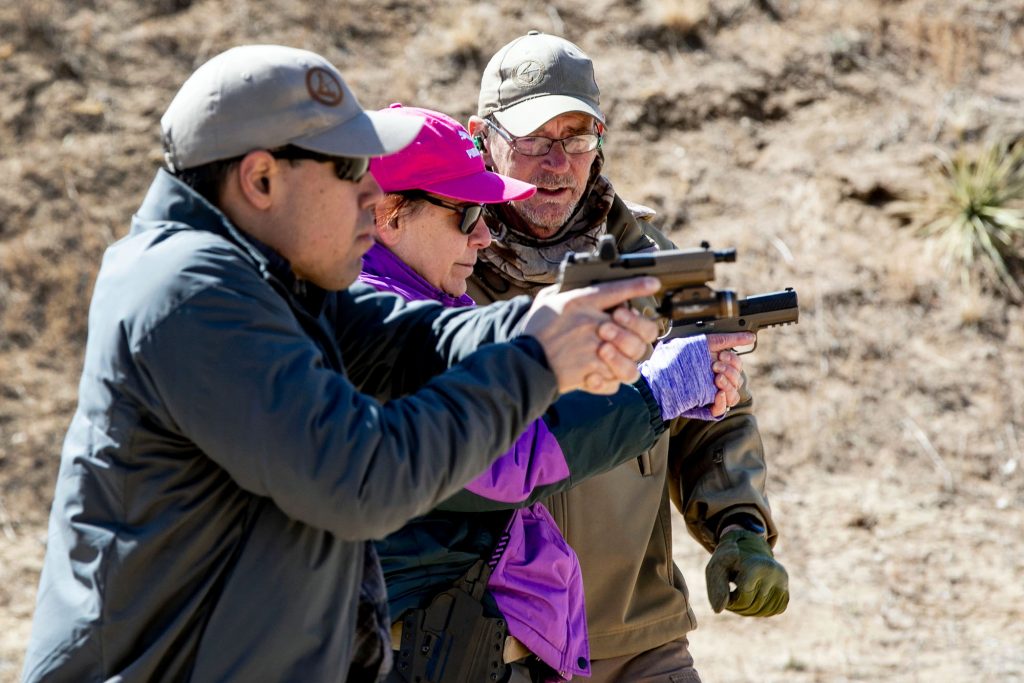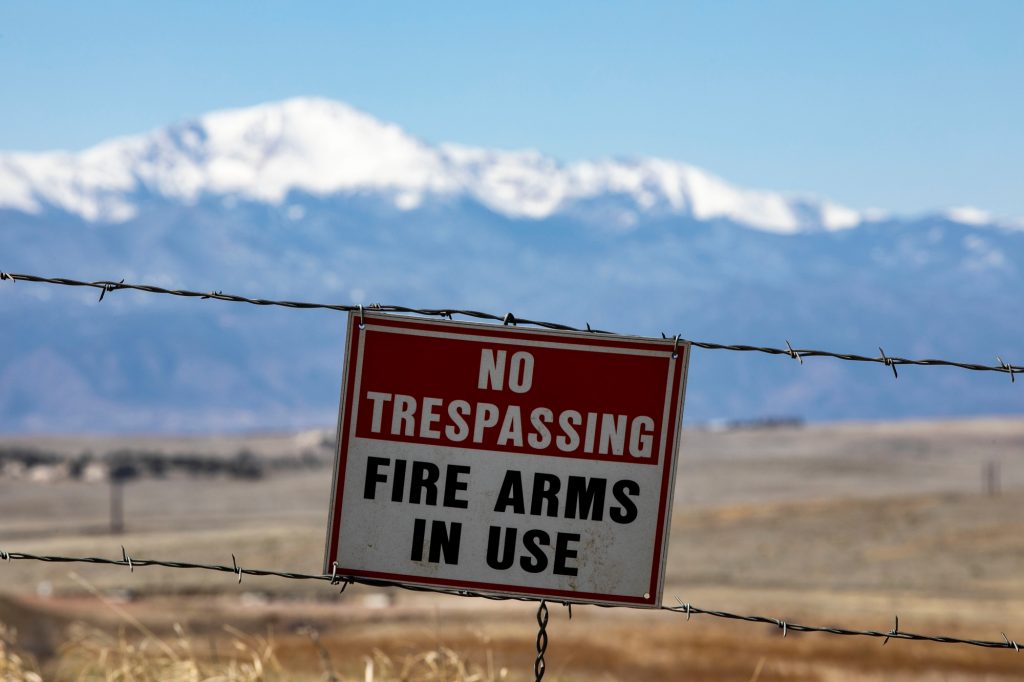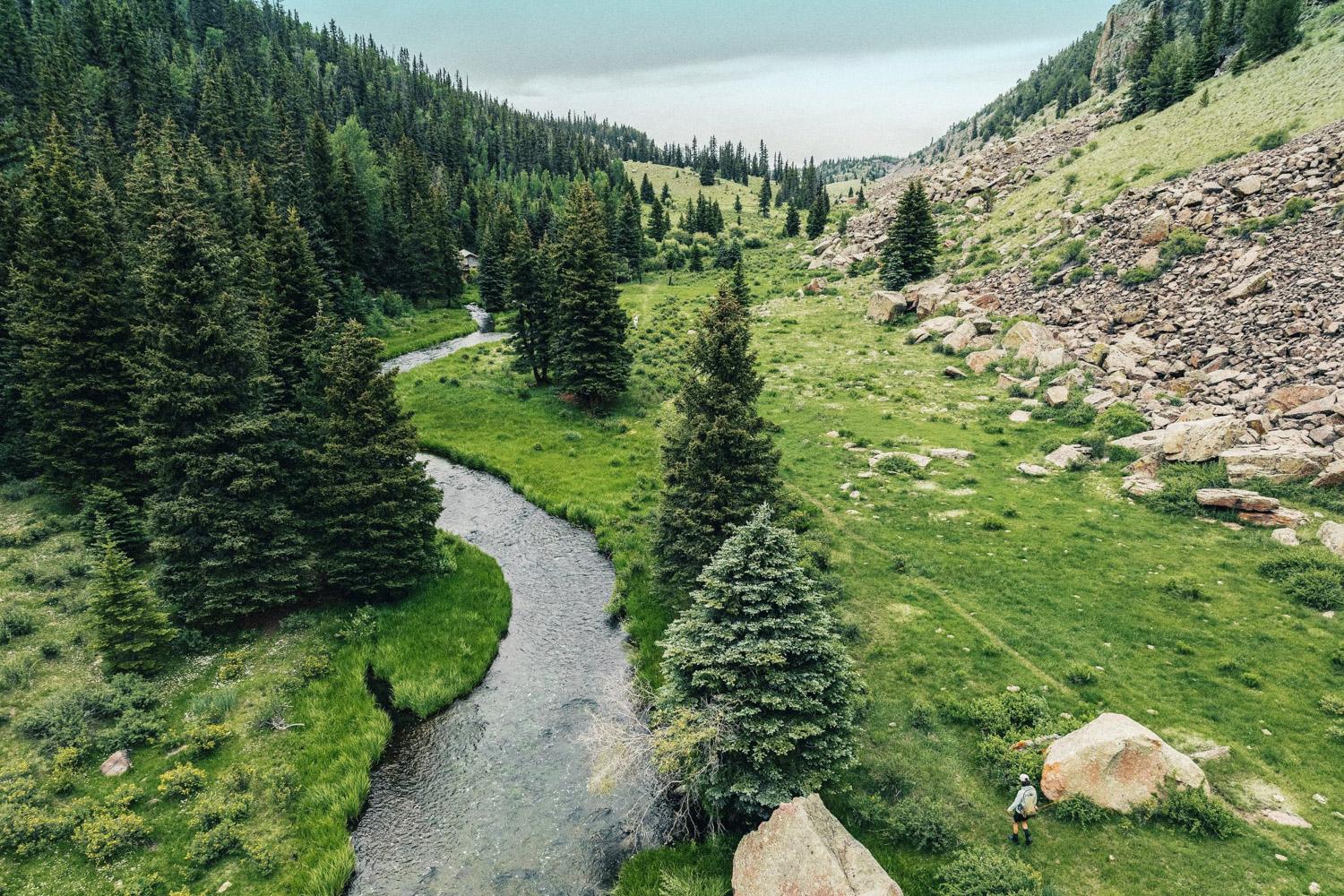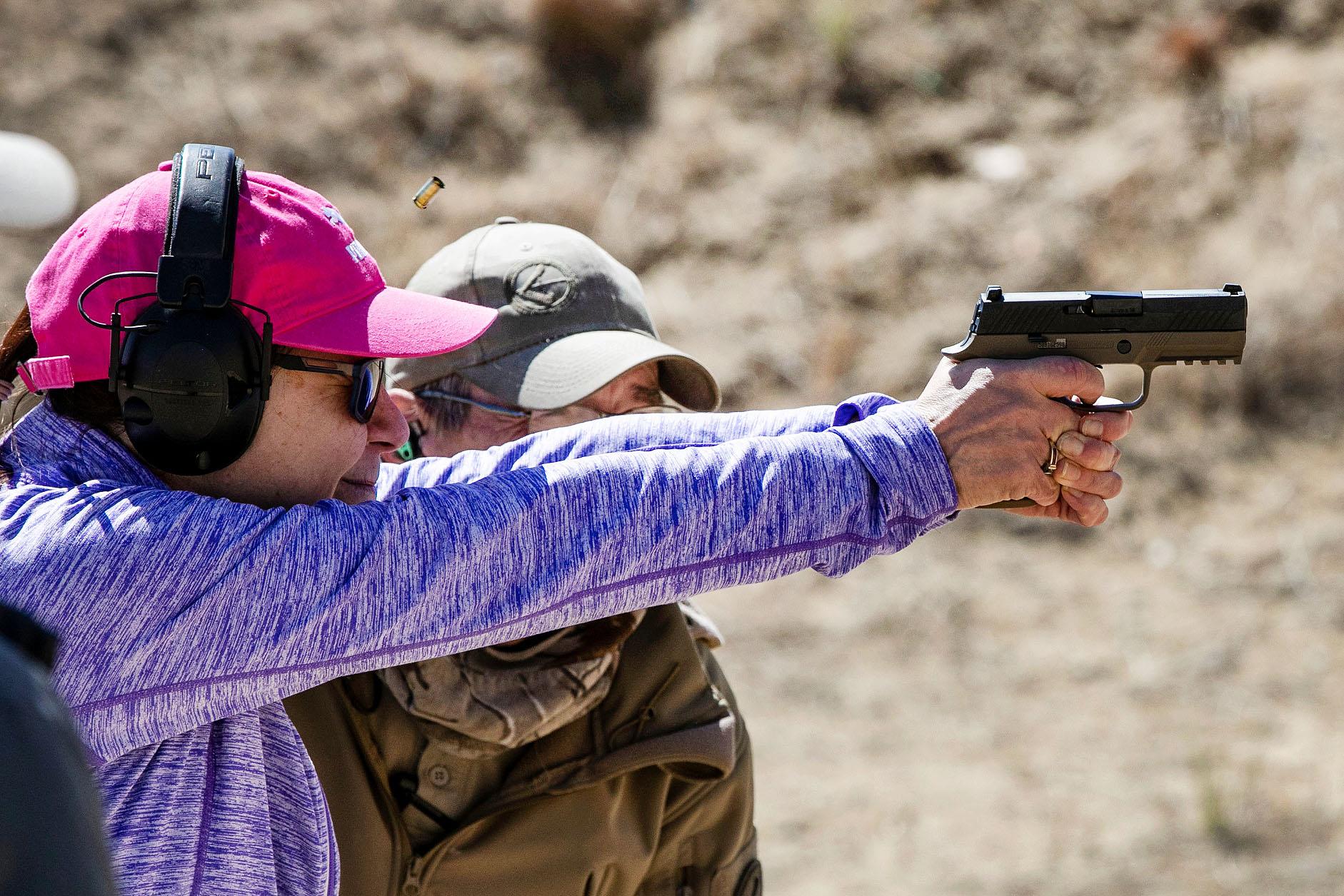
Colorado gun owners are gearing up to oppose any new proposed restrictions, despite the fact that the most controversial proposal has not yet been introduced. After a gunman killed 10 people in Boulder, preliminary discussions are underway for a statewide assault weapons ban. Opposition for that measure does not just come from conservatives. Even among some Democratic voters and the party’s leaders who control the state legislature, it would be a difficult political lift.
One of those voters is Mario Acevedo, a novelist from Denver who is both a Democrat and a gun owner. Acevedo is not surprised that some in his party want to enact stricter gun policies, and he is empathetic to the reasoning behind it. He said two of his close family members died because of gun violence.
“It's this tremendous void that opens up inside of you that frankly never heals. I understand how people are reacting to this. Because you want a solution, you don't want this to happen to anyone else,” he said.
Acevedo does not think new gun laws provide the solution. He said data has convinced him that gangs, drug trafficking and mental illness are the drivers of gun deaths, not firearms. Though research shows people with mental illnesses are much more likely to be victims of crime than perpetrators, and suicides account for the majority of U.S. gun deaths.
“Colorado passed the universal background check and the high capacity magazine ban that was done under the premise that it was going to prevent mass shootings. The state passed the red flag law, the ERPO [Extreme Risk Protection Order] that again was done on the premise of preventing mass shootings. And it didn't,” Acevedo said.
In interviews with politically engaged gun owners across the state, each said they didn’t believe an assault weapons ban or increased restrictions would save lives.
“You can't legislate responsibility any more than you can legislate evil,” said Jeff Hall, who owns a small business about a mile away from the Boulder King Soopers where the mass shooting took place. Hall is an Army combat veteran who served as a Black Hawk helicopter crew chief. Now he helps train people to shoot responsibly.
Research into the causes of gun violence, and the effectiveness of certain restrictions, has been limited for decades in the U.S. by a prohibition on using federal funds for research that could promote gun control. That has only recently started to change, and new research is underway.
Supporters of new gun laws agree with Hall that one particular policy won’t stop every mass shooting, but they say policies do save lives and chip away at the problem. They say that it’s difficult to quantify the suicides that don’t happen and accidental gun deaths that are avoided.
“I would agree with that if it doesn't trample on anybody else's rights. Right?” said Hall. “I’m one of the good guys, but you want to make me a criminal because you want to take away a right that I hold dear because you're afraid. And I understand that fear, but what you don't understand is the tool that you're trying to ban.”
This backlash comes even though Democrats at the Capitol who are leading the discussions say they are considering many different types of new laws, not just a ban on certain firearms.
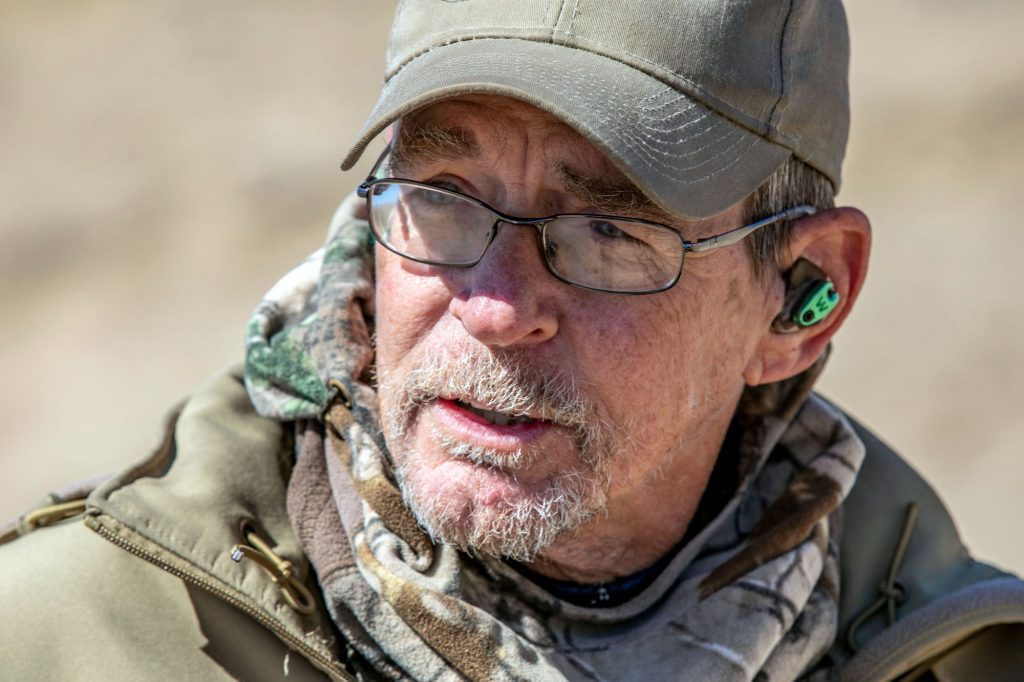
Robert Butler, who runs Kenaz Tactical Group Firearms training academy in Pueblo West, said he opposes any new restrictions. Butler trains about 1,500 people a year. He said when the local television station reported on discussions of an assault weapons ban, his phone lit up from people with questions and concerns.
“When you talk about taking away, probably one of the most diverse kinds of weapons or rifles that there are out there, you're going to affect more than just the people you think you're going to affect, which are the criminals, the criminals, aren't going to follow the law anyway.”
Butler is an unaffiliated voter, owner of multiple firearms including some 'AR-style' rifles and considers himself fairly moderate. He predicts the pushback on Democrats would be substantial if they move forward with an assault weapons ban, and it will start with him. He said his “carbine and rifle classes are fully half of my revenues.”
“I don't know the answers to everything, but I do know that we're barking up the wrong tree here. No one has done a root cause analysis, where they're starting to make decisions based on emotion rather than decisions based on data,“ he said.
In 2013, voters recalled two Democratic state senators from southern Colorado for supporting universal background checks and limits on high-capacity magazines. Now lawmakers are again hearing from people like Butler in Pueblo, making the case against a ban. Democrats in government have not been completely united on their approach to new gun laws. Democratic Senate President Leroy Garcia is from Pueblo and didn’t vote for the high-capacity magazine ban or the red flag gun law.
“As a Marine Corps veteran and responsible gun owner, I strongly support gun violence prevention measures,” said Garcia in a text message. “The number of lives lost every year to guns is tragic, and with mass shootings and suicides on the rise, we have to do something. But any approach we take must protect people’s constitutional rights as with any legislation we contemplate.”
Senate Majority Leader Steve Fenberg represents Boulder, and in a recent town hall, he alluded to how tough it would be to pass an assault weapons ban.
“The Boulder County delegation, probably the vast majority of the Denver delegation, are supportive of the most absolute, most aggressive policies one could come up with when it comes to gun violence prevention,” Fenberg said. “Obviously to get it passed, we need more than just us.”
Like Fenberg, Democratic Rep. Judy Amabile represents the district in Boulder where the shooting occurred. She said a lot of talk is happening behind the scenes. “We're looking at everything and it doesn't mean that we're going to get everything done, but the conversation is big and broad. Nothing is off the table.”
Gov. Jared Polis, a Democrat from Boulder, hasn’t said whether he would support a bill. His past comments and record in Congress do not make it clear how he feels about the effectiveness of bans on buying certain types of guns. In early 2013 he said bans make it harder for Colorado families to defend themselves and interfere with the recreational use of guns by law-abiding citizens. Later on in his career, he sponsored a federal assault weapons ban.
These mixed signals from Democrats, at a time when they control state government, frustrate Dawn Reinfeld with the Democratic group Blue Rising Together.
“As someone who has worked on this for many years and has worked my tail off to elect Democrats, it's a very discouraging place to be, to have to convince people that we need to do what's right on gun safety legislation,” she said.
“So I hope that our legislators will realize that these mass shootings are fundamentally changing our state and they're fundamentally changing what it means to live in Colorado and to grow up in Colorado.”
Reinfeld backs a comprehensive approach. “But to just kind of throw our hands up in the air and say, ‘Let's just keep assault weapons on the streets and let people buy high capacity magazines and just fingers crossed.’ I just think that defies common sense.”
Other Ideas in the works that might get more support would strengthen background checks, allow cities to pass stricter gun laws than the state, and enact a waiting period for gun purchases. Two bills were introduced and already moving through the legislature before the Boulder shooting. House Bill 21-1106 requires the safe storage of firearms. Senate Bill 21-78 requires people to report lost and stolen firearms.
Andrew Tafoya, a high school teacher in Pueblo, sees these proposals as efforts to take away his constitutional rights.
“And you can say, well, ‘We'd never want to do that,’ because you hear that. But I don't think that's the truth. I think that when you see people protesting; when you talk to them, they'll say this, that, and the other thing — but their goal is to take away guns.”
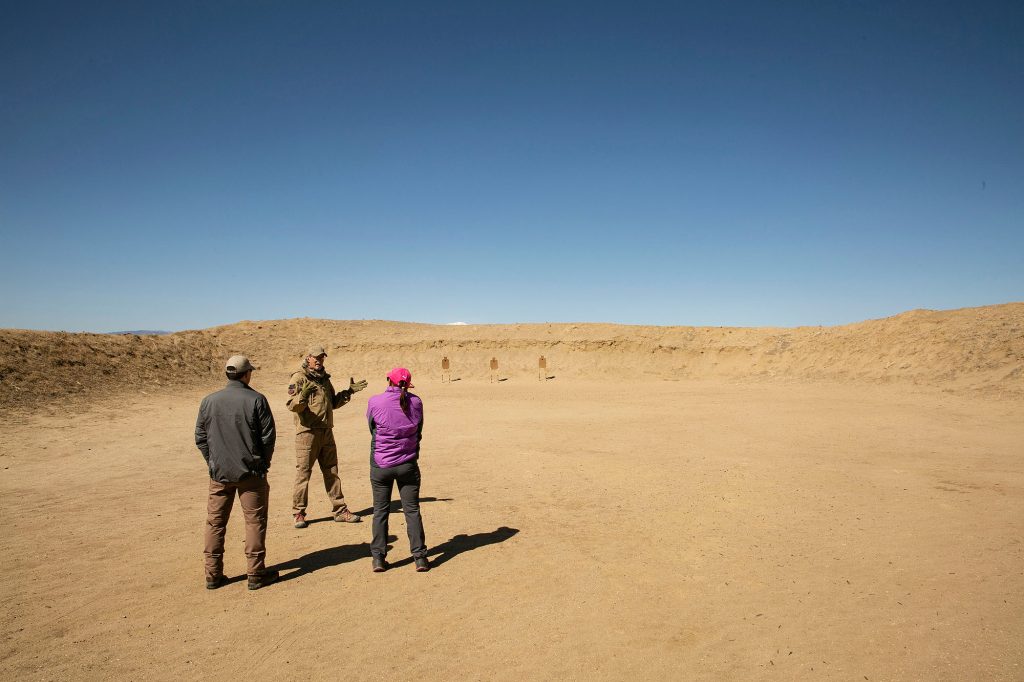
Just as Democrats are not unified behind every possible measure, gun owners do not universally oppose efforts to limit access to guns. Matthew Breman of Fruita supports background checks, but not other policies that he feels would restrict his rights as a gun owner. He enjoys long-distance target shooting and tries to go out a few times each month.
Breman said he thinks the pandemic will change the tenor of the debate at the Capitol, because people bought a lot more firearms, including people in his social circle who did so for the first time.
“When people weren't sure what was happening at the beginning of a pandemic, people got scared and that's what they did,” said Breman. He thinks politically, the increase in the number of people owning guns that he has seen anecdotally will make it more difficult to pass new laws this year.
Meanwhile, Republicans are pushing Democrats to add funding and improve access to mental health services. “Both sides of the aisle are working for a day where somebody doesn't have to look both ways in the supermarket,” said Lori Saine, a former Republican lawmaker from Dacono and firearm owner. “They don't have to look both ways before they enter the classroom. We strive for that tomorrow.”

